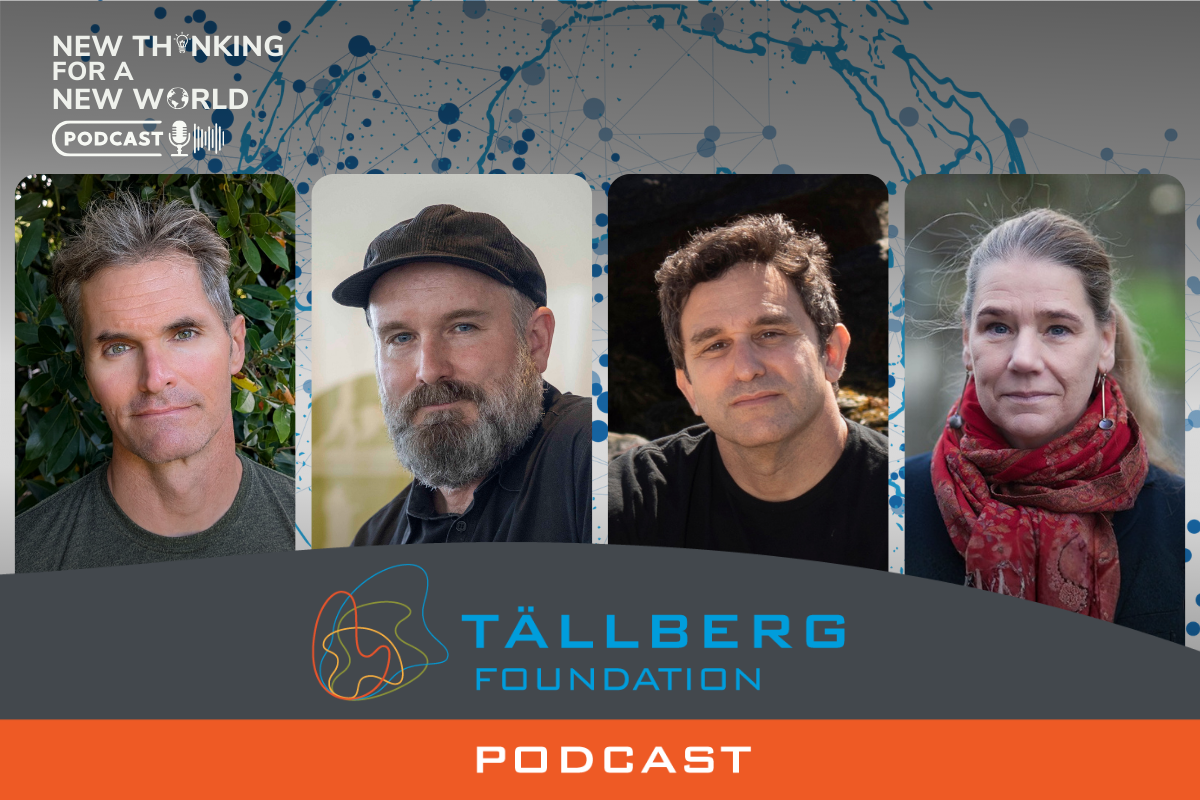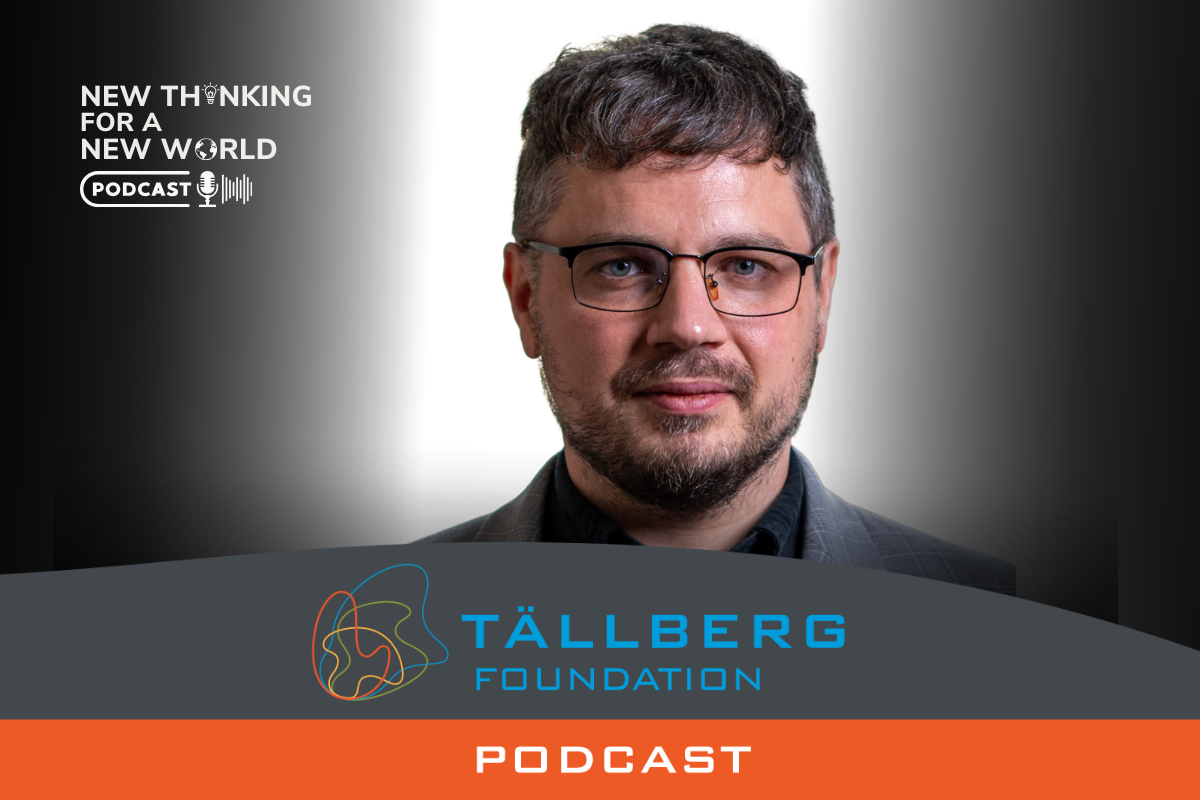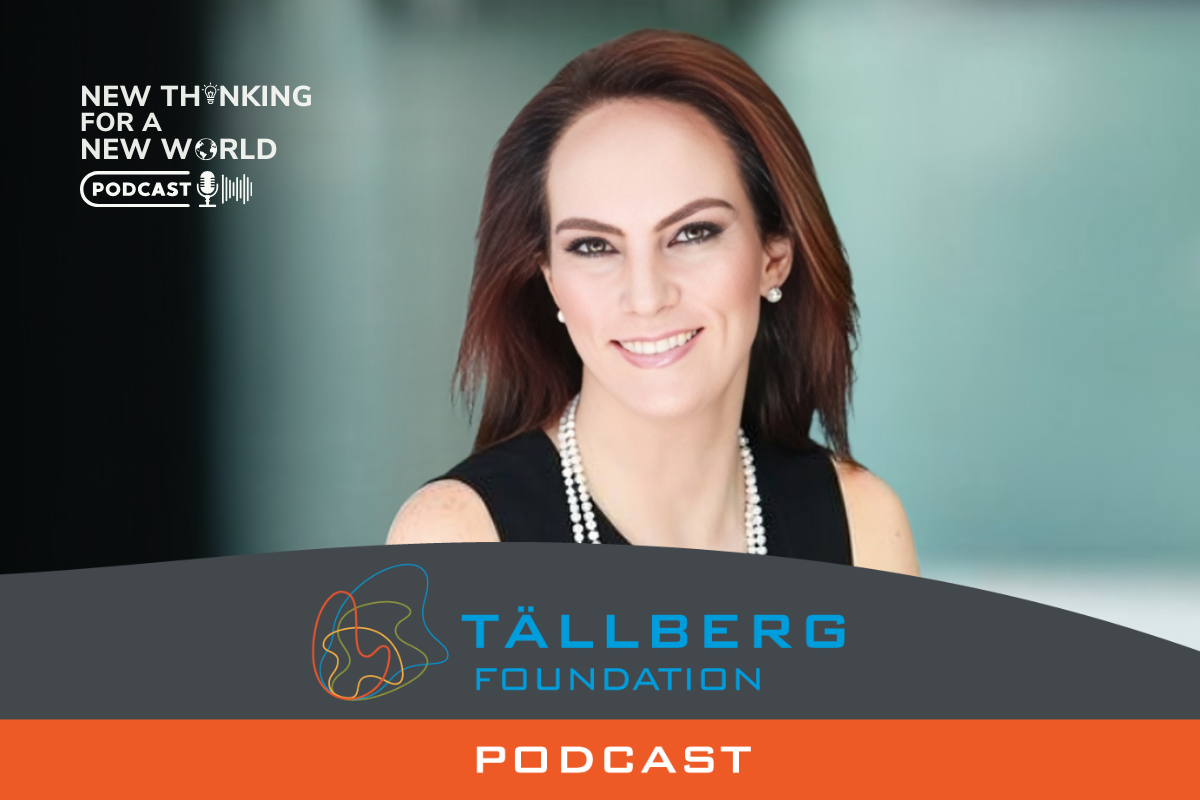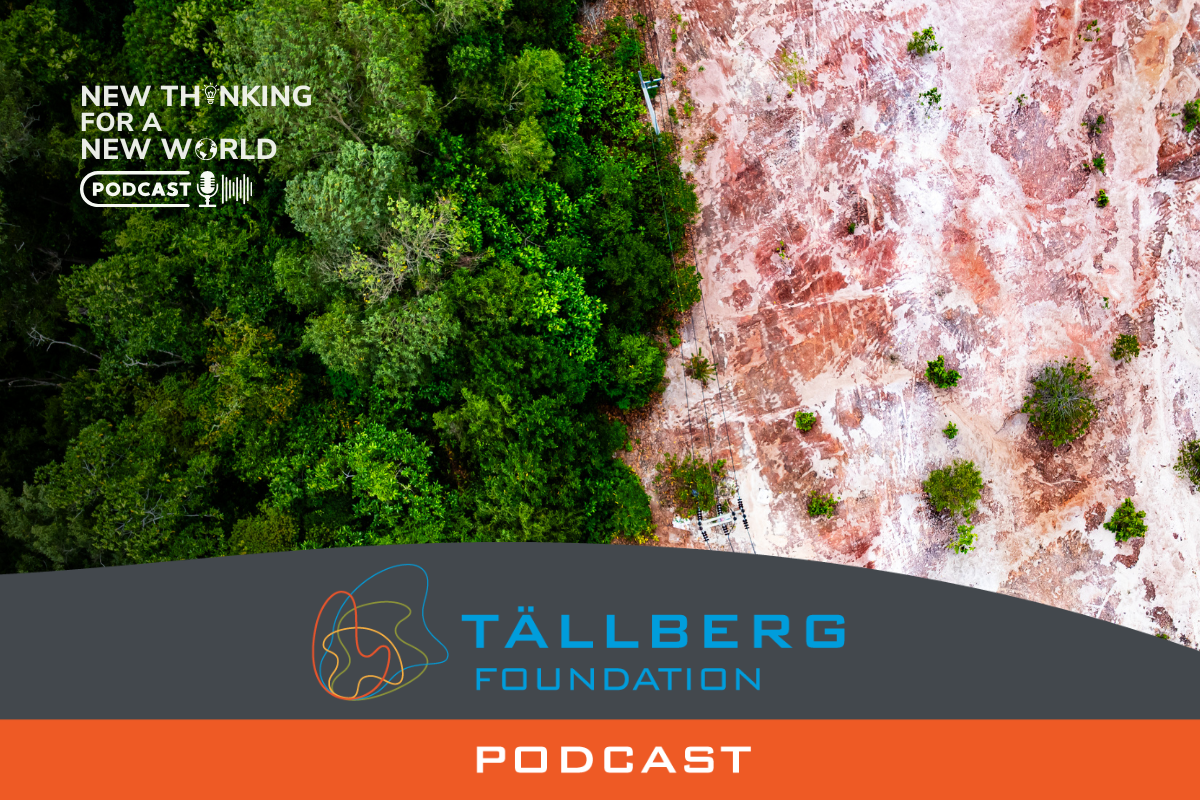Anthropologist Amelia Frank-Vitale discusses what it takes to walk from Honduras to Texas, and the tragedies along the way.
Human history is a long and continuing story of migration. People have always moved out of fear or out of opportunity—and other people have always resisted them. That story continues today: as more people try to flee war, climate extremes and poverty, more walls get built, boats sunk, caravans disrupted, and refugees pushed back.
Aren’t we supposed to be better than that in the 21st century? After all, we have the Universal Declaration of Human Rights, the UN 1951 Refugee Convention, asylum rights enshrined in national laws in the United States, Europe and elsewhere, and endless media coverage of suffering, scared refugees and migrants calculated to evoke sympathy and empathy.
But the long lines are still there; few make it to the safety they seek. Why?
Amelia Frank-Vitale is an anthropologist with years of experience studying migration in Honduras and Mexico. She’s also an activist who’s interested in the migrants as people, not as plaintiffs or pawns in a political drama. Listen as she discusses what it takes to walk from Honduras to Texas, and the tragedies along the way.
***
Tell us whether you think your country should allow more migrants and whether you would welcome them to your neighborhood below in COMMENTS.
***
Listen to the episode here or find the New Thinking for a New World podcast on a platform of your choice (Apple podcast, Spotify, Stitcher, Google podcast, Youtube, etc).
ABOUT OUR GUEST
Dr. Amelia Frank-Vitale is currently a postdoctoral research associate and lecturer in the Program in Latin American Studies at Princeton University. She holds an MA and a PhD in Anthropology from the University of Michigan, an MA in Ethics, Peace, and Global Affairs from American University, and a BA in Anthropology from Yale University. An anthropologist of migration, deportation, and violence in Central America and Mexico, her work connects regional immigration and security policies, organized crime, state violence, and everyday survival strategies in the urban margins in Honduras.
She has been published in Geopolitics, the Journal of Latin American and Caribbean Anthropology, The Annals of Anthropological Practice, Trends in Organized Crime, EntreDiversidades, and Public Anthropologist. Her commentary has appeared in The Washington Post, Fortune Magazine, NACLA Report on the Americas, ContraCorriente, and The World Policy Journal. She is also the founder and co-editor of a new series from Columbia University’s Center for Mexico and Central America (CeMeCa) that seeks to make detailed knowledge from and about Central America more accessible to a variety of publics in the US, including asylum attorney.




Ms. Amelia Frank-Vitale does not seem to -or want to- understand that the government is the ultimate responsible for its people. Why even pretend to defend Honduras’ corrupt and criminal government!?
It seems to me that Ms. Amelia Frank-Vitale tries to blame “neo-liberal” defenders, a typical attitude from narrow-minded leftists.